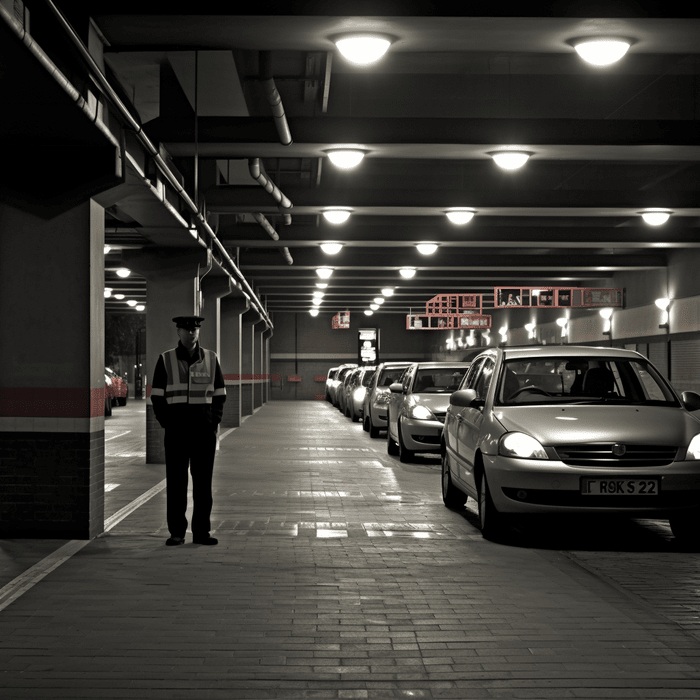Innovative Premier Parking Strategies for Today’s Challenges
In the face of the evolving challenges in urban and suburban areas, innovative premier parking strategies have become a necessity. Today’s cities are grappling with issues like increasing congestion, environmental concerns, and a growing demand for efficient transportation solutions. To address these challenges, innovative parking strategies are emerging as a key component of modern urban planning. Smart parking systems are at the forefront of innovation in this field. These systems employ cutting-edge technologies such as IoT sensors, data analytics, and mobile apps to streamline the parking experience. They offer real-time data on available parking spaces, guiding drivers to open spots and minimizing the time and fuel wasted searching for a parking space. Furthermore, data analytics can help city planners make informed decisions about pricing, zoning, and the allocation of parking resources. This data-driven approach enhances parking efficiency while aligning with broader urban development objectives.

The integration of multi-modal transportation hubs is another noteworthy strategy. These hubs serve as centralized points where various modes of transportation, including buses, subways, and cycling, converge. By incorporating parking facilities within these hubs, cities can promote a shift from private vehicle usage to a combination of public transportation and alternative mobility options, thereby reducing the demand for parking spaces and curbing congestion. In addition, the integration of such hubs fosters urban development by creating more walkable, pedestrian-friendly environments, and reducing the need for sprawling, learn more car-centric infrastructure. Sustainability is a cornerstone of modern parking strategies. With the rise of electric vehicles EVs, parking facilities are increasingly incorporating EV charging stations. This not only encourages the adoption of eco-friendly transportation but also plays a vital role in reducing harmful emissions and air pollution. Bicycle parking facilities are also gaining importance; promoting cycling as a sustainable mode of transportation, further decreasing the need for traditional parking infrastructure. These sustainability initiatives align with broader environmental goals and contribute to a greener urban landscape.
Shared mobility solutions are revolutionizing the way people view transportation. Car-sharing and ride-sharing services, powered by mobile apps, have emerged as practical alternatives to car ownership. These services reduce the overall demand for parking spaces and help mitigate congestion. They also free up valuable urban land previously devoted to parking lots and garages, allowing for the development of green spaces, housing, and commercial projects. As cities grapple with limited available land for expansion, optimizing land use is essential for sustainable growth. Public-private partnerships are key to advancing innovative premier parking strategies. Collaborations between local authorities and private sector players are driving the development of state-of-the-art parking solutions. Automated parking garages and app-based payment systems are just a few examples of the outcomes of these partnerships. By tapping into private sector expertise and resources, cities can enhance their parking infrastructure, resulting in improved services and better experiences for residents and visitors alike.